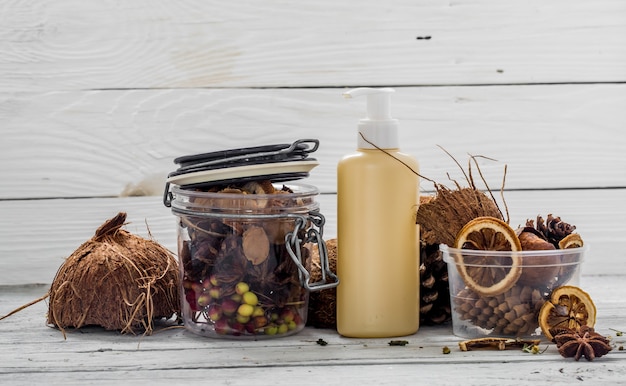
If you’re like most in the U.S., you probably start your day with a hot cup of coffee, which might soon have you heading to the bathroom. That’s caffeine doing its job. Research suggests that coffee can stimulate your stomach and speed up the digestive process. However, coffee doesn’t just affect digestion; it can also impact how your medications are absorbed into your bloodstream, potentially altering their effectiveness.
Drinking coffee while taking certain medications can have significant effects on how these drugs work for you. In 2020, researchers reviewed the impact coffee has on different medications and found it can affect the absorption, distribution, metabolism, and excretion of many drugs. But not all medications are influenced by coffee, so it’s crucial to know which ones to avoid mixing with your morning brew.
For those with hypothyroidism, the thyroid gland doesn’t produce enough thyroid hormone, often leading to symptoms such as weight gain, dry skin, and fatigue. Many people take medications like levothyroxine to balance their hormones. Studies indicate that drinking coffee with thyroid medication can drastically reduce how much of the medicine is absorbed, making it less effective. Some reports even suggest a reduction in absorption by more than half.
People taking cold or allergy meds might want to be cautious with coffee, as these medications often have central nervous system stimulants like pseudoephedrine. Since coffee is also a stimulant, combining the two can amplify restlessness and interfere with sleep. In particular, allergy medications like fexofenadine shouldn’t be paired with coffee as they can overstimulate the central nervous system. Consulting with a healthcare provider can be helpful in managing these interactions.
Adding sugar or milk to your coffee could spike blood sugar levels and influence how diabetes medication works. Caffeine might worsen symptoms for those with diabetes. A study by the American Diabetes Association suggested caffeine could raise insulin and blood sugar levels, although the study was small and more research is needed. Nevertheless, excess caffeine might make blood sugar harder to control and increase the risk of complications from diabetes.
Alzheimer’s disease is a leading cause of death among older Americans. Coffee can affect the absorption of Alzheimer’s medications such as donepezil, rivastigmine, and galantamine by tightening the blood-brain barrier, which reduces the drugs’ effectiveness. Since these medications work by protecting neurotransmitters, high coffee consumption may undermine their protective effects.
Asthma sufferers often use bronchodilators like aminophylline to improve breathing during flare-ups. These medications can have side effects like headaches and restlessness, which can be exacerbated by caffeine in coffee. Additionally, coffee can lower the effectiveness of asthma medication.
Those dealing with osteoporosis are usually advised to avoid taking medications like risedronate alongside coffee, as coffee can significantly reduce the drugs’ effectiveness. It’s best to take these medications with plain water on an empty stomach to ensure maximum absorption.
Antidepressants are widely prescribed, and coffee can influence how medications like fluvoxamine and escitalopram are metabolized, potentially reducing their effectiveness. In some cases, coffee can amplify the medications’ typical side effects, causing insomnia and heart palpitations.
Antipsychotic medications are vital for people with conditions like schizophrenia. Coffee can impede the absorption of antipsychotics, such as clozapine and olanzapine, reducing their effectiveness. To maximize the benefits, these medications should be taken with water instead of coffee.
High blood pressure affects tens of millions of Americans. Some people take medications like verapamil, which can be less effective if consumed with coffee. To get the full benefit, consult a healthcare provider about the best time to take these medications relative to drinking coffee.
Melatonin, a natural hormone that assists with sleep, works against the effects of coffee’s caffeine, which is a stimulant. Consuming both together could lead to them canceling each other out, making it harder to fall asleep.
If you’re handling multiple medications, consult your healthcare provider to figure out the best schedule for your pills and coffee. If you’re experiencing side effects like jitteriness or insomnia, they can help adjust your routine. Coffee’s stimulant properties and its effect on digestion can change how your body handles medication, so you might simply need to adjust your coffee timing. Always check with your healthcare provider if you notice any concerning symptoms.

